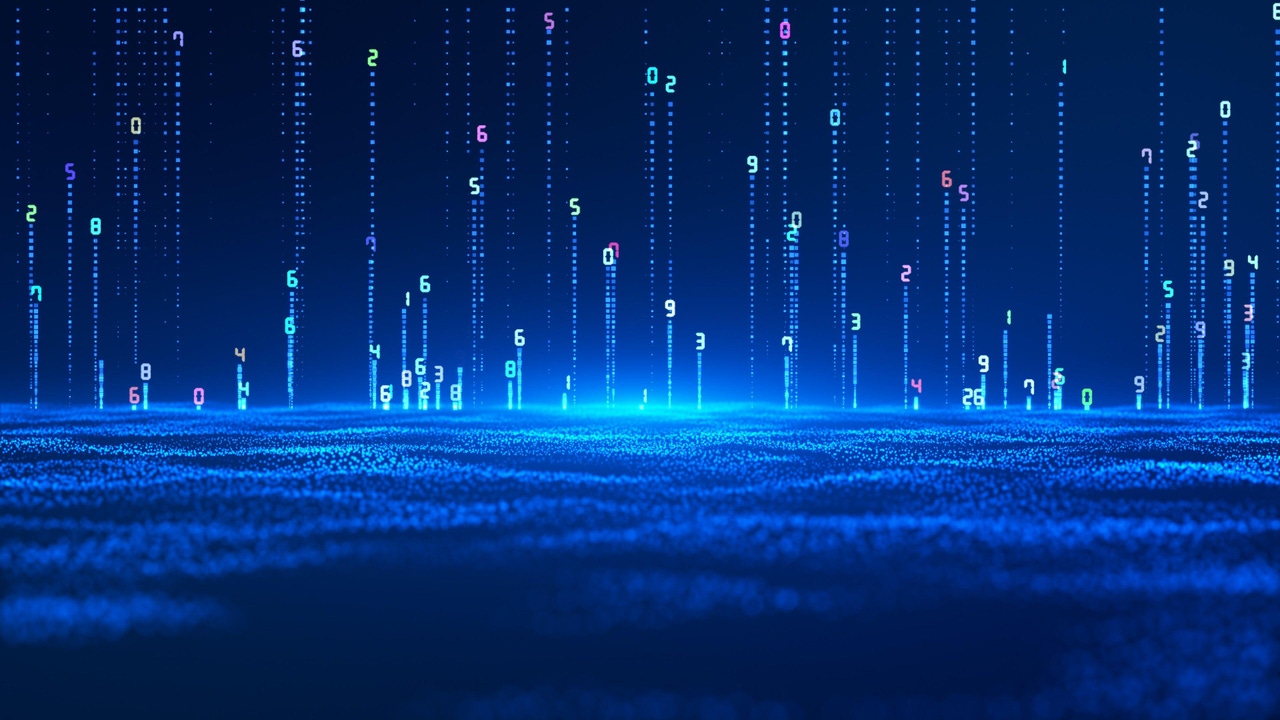At RSA, NVIDIA Talks the Marriage of GenAI and CybersecurityAt RSA, NVIDIA Talks the Marriage of GenAI and Cybersecurity
NVIDIA and its partners are helping to tame the data tsunami security analysts face. At the heart of its offerings is NVIDIA Morpheus, a purpose-built cybersecurity AI framework that processes and categorizes vast amounts of real-time data.

There isn’t a more critical gathering in the cybersecurity world than RSA. It’s the one event on every security pro’s must-attend list. And this year, there’s even more to like. We’re witnessing the marriage of GenAI and cybersecurity.
NVIDIA, as one would assume, has been hard at work enlisting cybersecurity players to join the party.
In a recent post, the company announced the numerous vendors that showcased security products built on NVIDIA technologies, including:
AIC, which demonstrated Qrypt’s quantum-secure encryption key generation on a BlueField DPU
Anjuna, which shared the US Navy’s evaluation of confidential computing on the Anjuna Seaglass platform using NVIDIA GPUs
Bloombase, which unveiled an updated version of its StoreSafe Storage Firewall using Morpheus and BlueField DPUs
Check Point Software, which shared its AI Cloud Protect security solution, Quantum Force security gateways, and Quantum Maestro software
Cisco, which showed Cisco Hypershield, an AI-native security architecture
CrowdStrike, which demonstrated its Falcon Foundry and Falcon platform that uses NVIDIA’s GPU-optimized AI software
Deloitte, which touted CyberSphere, a Morpheus-powered cyber operations platform
Palo Alto Networks, which discussed its collaborations with NVIDIA on securing generative AI deployments
Qrypt, which showed quantum-secure key generation for AI workloads
Sygnia, which announced its use of BlueField DPUs and Morpheus in Velocity Edge, its hardware-accelerated MXDR service
Addressing a Data Challenge with Data Science
NVIDIA says that, with data levels reaching unimagined heights, machine learning is an invaluable tool in cybersecurity.
In the post, NVIDIA chief security officer David Reber says, “With the expanding landscape of devices and users, cybersecurity has transformed into a data challenge, and AI offers a data-driven solution.”
This thought process is consistent with my conversations with other security vendors. It’s fair to say that despite businesses spending record amounts of money on security, most CISOs feel they are falling behind, which is driving a change in security attitude. Reactive systems can’t protect against advanced threats. Instead, the massive amounts of data generated by networks and security systems must be analyzed for cyber to be more proactive.
However, security analysts face a deluge of data, alerts, disparate systems, etc. The job of a security pro has gotten more complex with every piece of software added to the mix. More tech and more alerts don’t improve security. In fact, they make it worse. So NVIDIA envisions GenAI as a kind of security assistant that can sift through the information to look for context and anomalies. Only those anomalies would be flagged for human intervention. It turns out that fewer alerts can lead to better security.
AI Enhances Security Context
NVIDIA thinks that GenAI elevates context-based security to new heights. The post references Reber’s talk at GTC, where he urged cybersecurity experts to embrace AI, beginning with low-risk scenarios to identify and mitigate vulnerabilities.
He also recommended securing machine learning processes, advocating for actions such as securing data supply chains, implementing tests for securing AI models throughout the development cycle, promoting AI transparency and reliability through documentation, participating in community testing events, and updating policies to address AI security incidents.
AI as a Cybersecurity Building Block
NVIDIA Morpheus, part of the NVIDIA AI Enterprise software suite, is a purpose-built cybersecurity AI framework that processes and categorizes vast amounts of real-time data. The company says that Morpheus enables developers to create applications to detect threats, such as spear phishing and insider breaches.
These companies form part of the NVIDIA ecosystem, collectively enhancing security for generative AI. The community includes over 20 companies at RSA this week from NVIDIA Inception, a program supporting innovative startups.
NVIDIA leads the pack (but is there even a pack?)
No other company is in NVIDIA’s league regarding releasing such an array of enabling AI tech. In cybersecurity, NVIDIA is helping to tame the data tsunami security analysts face. What sectors are next? It doesn't look like there's any real competition in sight, so the company can pick any area it wants and quickly dominate.
Zeus Kerravala is the founder and principal analyst with ZK Research.
Read his other Network Computing articles here.
Related articles:
About the Author
You May Also Like




